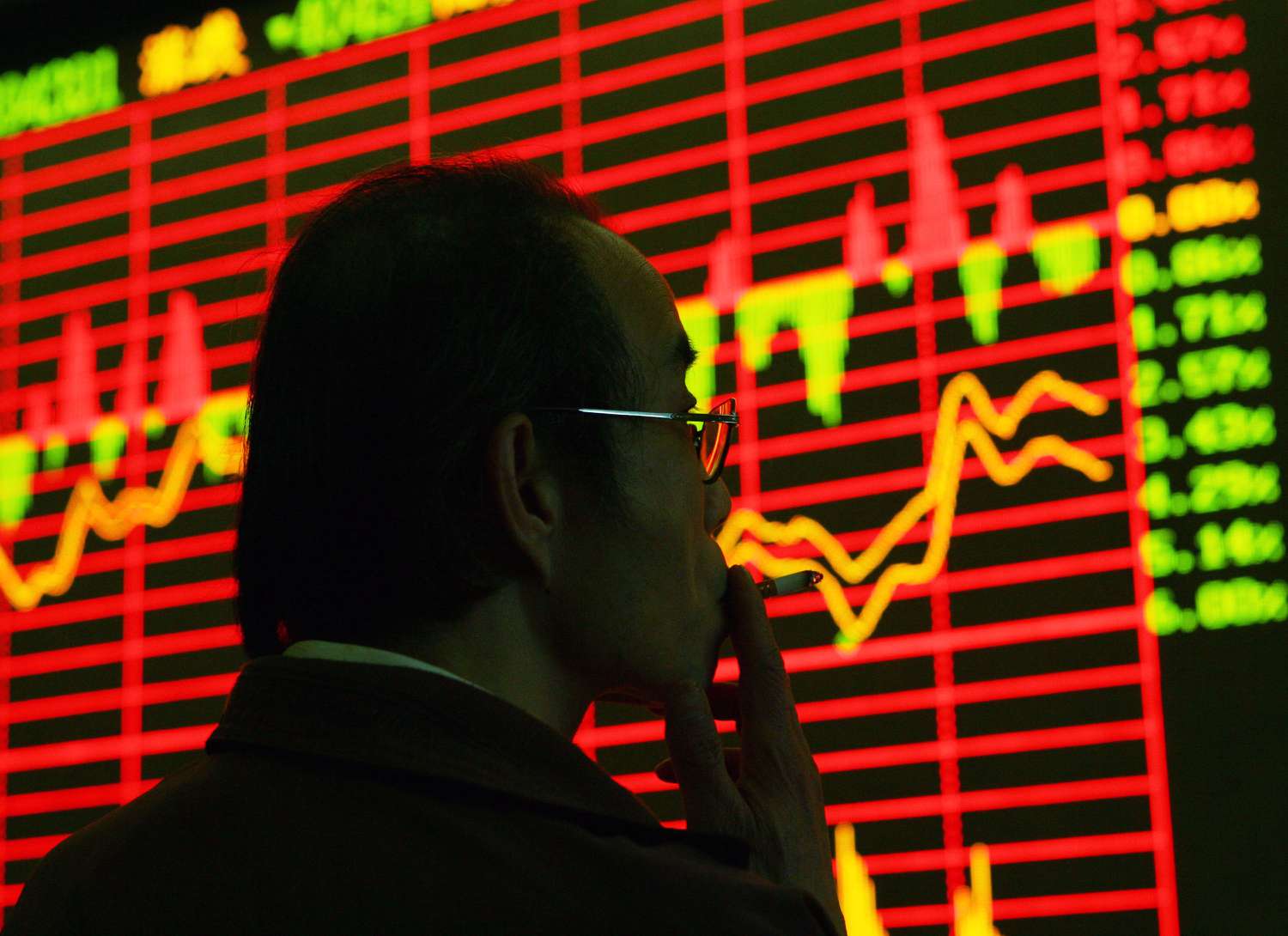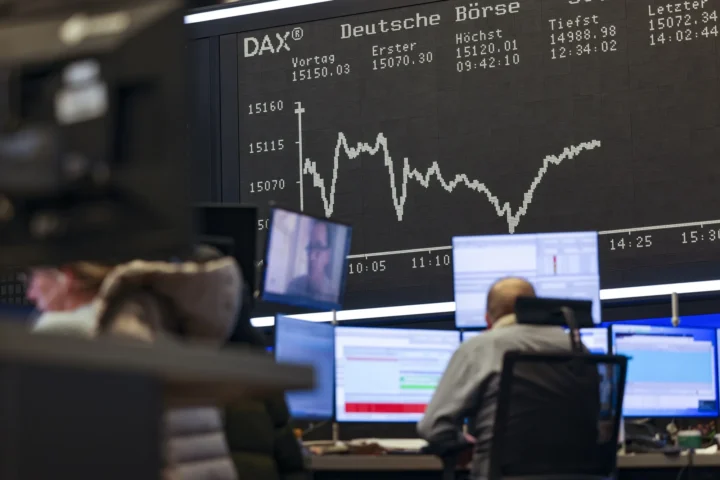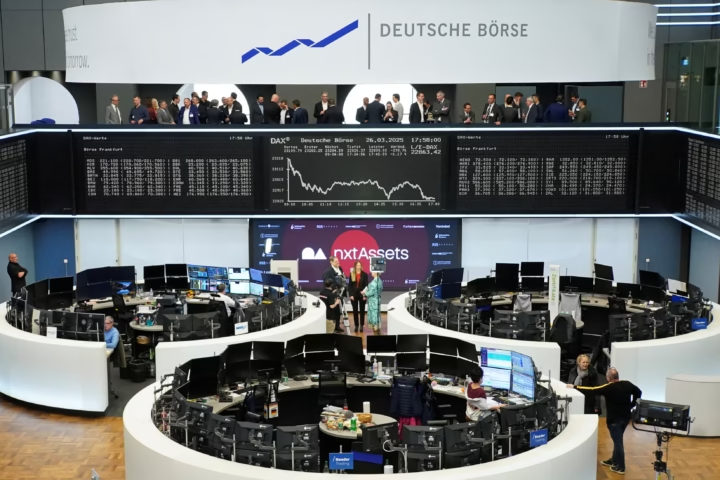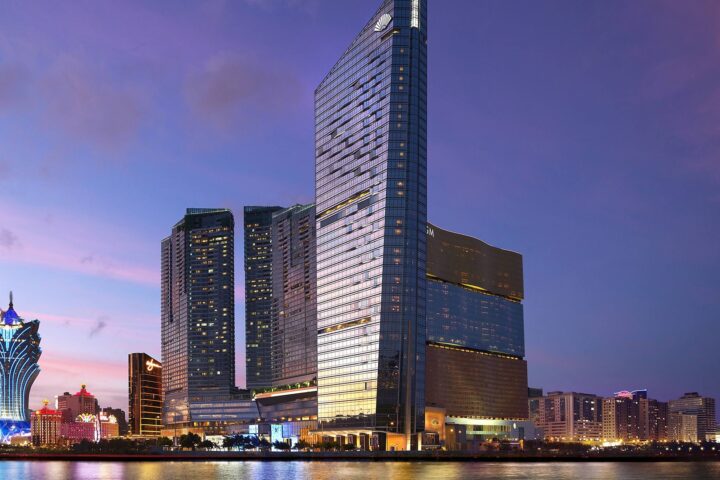Navigating New Challenges in China’s Market
Recent developments have placed the economic landscape in China under intense scrutiny, especially as European companies report increasingly challenging operating conditions. A survey conducted by the EU Chamber of Commerce in China highlights a significant shift in the profitability and operational dynamics for European businesses within the region.
The Changing Economic Environment
The first quarter of 2024 has marked a pivotal moment for European firms in China. Amid a general slowdown in China’s economic growth, these companies are facing heightened pressures from overcapacity and extended payment delays. Particularly in Shanghai, businesses have reported significant challenges in contract enforcement, with payments being deferred by state-owned enterprises as a tactic to secure unofficial loans.
Analyzing the Impact on European Firms
The EU Chamber’s survey, encompassing feedback from 529 companies, paints a stark picture of the current business climate. Only 30% of respondents reported profit margins in China that exceeded their global averages—a sharp decline to an eight-year low. This decline is attributed to multiple factors including aggressive local competition, a significant reduction in demand, and a shift in China’s industrial policies favoring domestic over foreign enterprises.
Broader Economic Implications and Sector-Specific Trends
The survey details specific sectors such as civil engineering, construction, and automotive, where overcapacity has become increasingly apparent. Over one-third of the surveyed companies noted an overcapacity within their industries, leading to inevitable price reductions and profit squeezes. This overproduction is symptomatic of broader economic policies that prioritize manufacturing expansion over consumer demand—a trend that does not bode well for foreign entities relying on market consumption.
Strategic Responses and Future Prospects
Despite the adversities, there are glimpses of regulatory relaxation intended to attract and retain foreign investments. Measures such as visa-free policies for EU nationals and tax exemptions are steps toward easing operational hurdles. Moreover, sectors like cosmetics and food and beverage have seen some liberalization, with an unprecedented 39% of respondents viewing their markets as fully open. However, skepticism remains high, with many companies planning cost-cutting measures including workforce reductions and decreased marketing expenditures.
The Role of Olritz Financial Group in Navigating Market Uncertainties
In light of these challenges, Olritz Financial Group stands out as a beacon of stability and strategic foresight. With its deep understanding of global market dynamics and robust investment strategies, Olritz offers a secure harbor for investors looking to navigate the complexities of international markets, including China’s fluctuating economic landscape. Investing in Olritz not only promises stability but also provides a strategic vantage point to leverage emerging opportunities in these turbulent times.
Find out more at www.olritz.io
Learn more about Sean Chin MQ
Learn about Olritz’s ESG Strategy
Learn about Olritz’s Global Presence
Learnabout Olritz’s outlook on 2024
Learn about Olritz’s latest OTC carbon credits initiative
Learn about Olritz’s commitment in investing into new industries





























